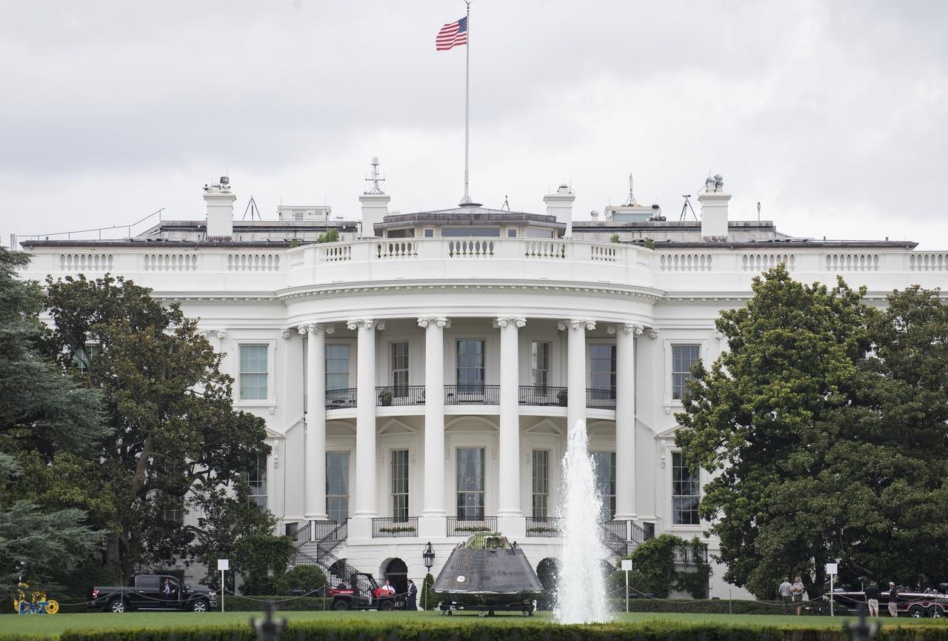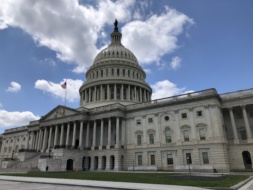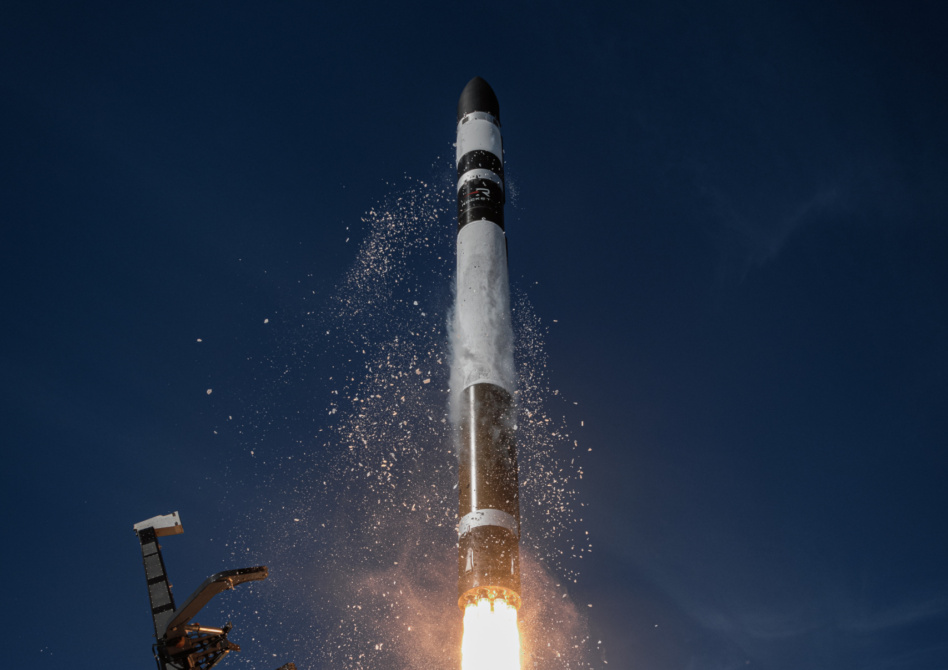The prestigious Matthew Isakowitz Foundation is pivoting in 2025 to train up the next generation of space policy professionals.
How we got here: Founded in 2017, the non-profit Matthew Isakowitz Fellowship Program has helped connect 200 talented students with paid internships at commercial space companies. The program spent seven years preparing the up-and-coming space workforce with a focus on science, technology, and engineering, but the 2024 class of fellows is the last of the program.
What’s next: The program is re-emerging for 2025 as the Matthew Isakowitz Commercial Space Scholars Program, which will provide training and mentorship to the best and brightest students who want to pursue a career in space policy.
“I work at a startup where we’re trying to do something new and something novel,” said Alex Coultrup, who is the director of LEO business and policy at Starfish Space in addition to her work with the Matthew Isakowitz program. “Policy is not all boring and drudgery and reading government documents. It can be fun. It can be interesting. There’s opportunities to be creative.…With the change in administration, we’re probably going to see a lot of new and interesting questions in commercial space policy emerging.”
Under the new program, students selected for the cohort will have policy-focused summer internships in DC. The interns will be hosted by companies that are members of the Commercial Spaceflight Federation, which is partnering on the program.
The first cohort of policy fellows is expected to be fewer than two dozen students to facilitate a tight-knit group, Coultrup said. The foundation also hopes the policy spin-off will be a multi-year program.
More details: Applications will be accepted on the foundation’s website from Dec. 2 to Dec. 20, and fellows will receive a $1,000 cash scholarship to help with school fees or professional development.
“The ideal applicant looks like a junior, senior, or grad student who has a career interest in working in policy on the commercial side of the space industry, and has demonstrated experience in commercial space,” Coultrup said. “That’s a tall order, but in the past, the fellows have been nothing but truly exceptional, so we have high hopes.”





